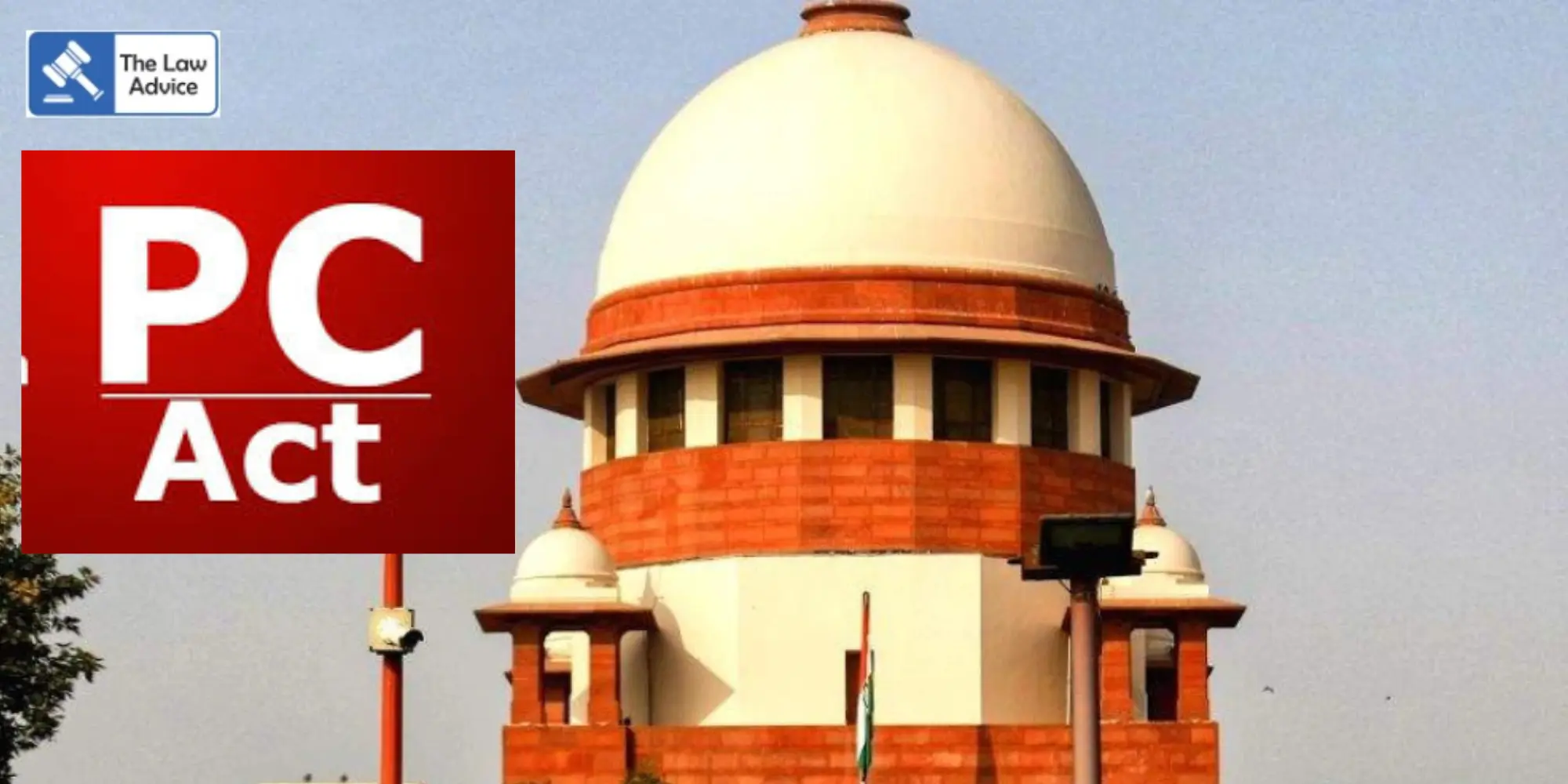
The Supreme Court on Tuesday (October 28) reaffirmed that mere recovery of tainted currency notes is insufficient to convict an accused under the Prevention of Corruption Act, 1988, in the absence of concrete proof of demand and voluntary acceptance of a bribe.
A Bench comprising Justices P.K. Mishra and Joymalya Bagchi acquitted a former Assistant Labour Commissioner accused of accepting a ₹3,000 bribe, setting aside the Andhra Pradesh High Court’s judgment that had overturned the trial court’s acquittal. The Supreme Court observed that the prosecution’s case suffered from inconsistencies and lacked independent corroboration of the alleged demand and acceptance.
Uncorroborated Testimony Cannot Prove Demand
The prosecution’s entire case rested on the sole testimony of the complainant, which, upon scrutiny, the Court found unreliable. It noted that there was no documentary or independent evidence to prove the alleged first demand for a bribe on September 25, 1997.
“The sole basis of the prosecution to prove demand and acceptance is the narration of the complainant, a close scrutiny of which reveals serious infirmities,” the Court observed.
The Bench further noted that the independent witness, who was instructed by the police to remain present during the alleged transaction, was kept outside the office of the accused at the crucial time. This raised serious doubts about the prosecution’s version and indicated procedural lapses in the trap operation.
Section 20 Presumption Not Automatic
Rejecting the State’s contention that the presumption under Section 20 of the Prevention of Corruption Act applied since the tainted notes were recovered from the accused’s drawer, the Court clarified that such a presumption arises only when the foundational facts of demand and acceptance are proved.
In a judgment authored by Justice Mishra, the Court held:
“The statutory presumption under Section 20 of the PC Act is not automatic and arises only once the foundational facts of demand and acceptance are proved.”
The Bench highlighted that since the demand itself was doubtful and no witness corroborated the complainant’s account, the presumption could not be invoked.
Mere Recovery Not Sufficient Without Proof of Demand and Acceptance
While the prosecution argued that recovery of the tainted money from the accused’s drawer established guilt, the Court disagreed, holding that there was no evidence to show that the accused asked the complainant to place the money there or that he accepted it voluntarily.
The Court referred to its earlier ruling in Rajesh Gupta v. State (2022 INSC 359) to reiterate that “mere possession or recovery of currency notes, without proof of demand and voluntary acceptance, cannot sustain a conviction under the PC Act.”
The Bench found the complainant’s conduct suspicious, particularly his decision to instruct the independent witness to remain outside, contrary to the DSP’s explicit directions, thereby weakening the prosecution’s case.
“Rajender, the mediator and supposed independent witness, could make no positive statement about the demand or acceptance. This omission, candidly admitted by the prosecution, is fatal to its case,” the Court observed.
Appeal Allowed, Acquittal Restored
Finding the prosecution evidence unreliable and the statutory presumption inapplicable, the Supreme Court allowed the appeal and restored the trial court’s acquittal of the accused.
Case Title: P. Somaraju v. State of Andhra Pradesh
Bench: Justice P.K. Mishra & Justice Joymalya Bagchi
Website designed, developed and maintained by webexy